How should we, mere mortals, interpret the volte-face of a Prometheus? Do they possess a special insight the rest of us lack, or is this a familiar pattern with a more benign resolution? In other words, is Geoffrey Hinton Cassandra or Chicken Little?
“How can I describe my emotions at this catastrophe, or how delineate the wretch whom with such infinite pains and care I had endeavoured to form?… I had worked hard for nearly two years, for the sole purpose of infusing life into an inanimate body. For this I had deprived myself of rest and health. I had desired it with an ardour that far exceeded moderation; but now that I had finished, the beauty of the dream vanished, and breathless horror and disgust filled my heart.” – Frankenstein, Mary Shelley 1816
Geoffrey Hinton, the inventor of the indispensable artificial intelligence algorithm ‘backpropagation,’ and joint recipient of the 2018 Turing Award (computing’s equivalent of the Nobel), has publicly announced his departure from Google. Hinton told the New York Times he couldn’t work for Google’s deep learning and AI department (Google Brain) any longer because he needed the freedom to warn the world of the risks and dangers associated with the very thing he had been so instrumental in developing. The ‘Godfather’ of AI has spent the last decade trying to have computing architecture emulate the cognitive functions of the human brain, and just when this goal appears to be in reach, Hinton finds himself wracked with guilt and overcome with a profound sense of foreboding.
How should we, mere mortals, interpret the volte-face of a Prometheus? Do they possess a special insight the rest of us lack, or is this a familiar pattern with a more benign resolution? In other words, is Geoffrey Hinton Cassandra or Chicken Little?
First of all, we must acknowledge Hinton is not simply reacting to what we see of OpenAI’s ChatGPT-4 and Google’s Bard AI. Because Hinton is intimately involved with the research and development of artificial intelligence systems at the coal face, he is privy to technology that has yet to hit the market. Hinton has seen code, algorithms, tech, and architecture that are securely hidden behind the veil of one the world’s largest and most advanced computing firms. From Hinton’s point of view, ChatGPT-4 is a Casio digital wristwatch compared to what he sees coming down the pike. To a certain extent then, Hinton can see into the future because he has been making it.
On the other hand, in denouncing his invention and seeking to warn the rest of us about his creation, Hinton joins the hallowed ranks of Alfred Nobel, Johannes Gutenberg, Tim Berners-Lee, and Mikhail Kalashnikov. Each deeply regretted and sought to make amends for their inventions: dynamite, the printing press, the World Wide Web, and the AK-47, respectively. With the possible exception of the submachine gun, I think it’s fair to say the remaining scientific contributions represent an equal measure of positive and negative progress, and none have come close to driving humanity to the brink of extinction. Now, some would argue that AI represents a technology with transformative and impactful potential, orders of magnitude greater than anything that has come before. In fact – so the doomsayers argue – AI represents humanity’s first invention that may lead to its complete disempowerment and dispossession. But does this ring true?
Can we really say that AI is more disruptive and transformative than the Internet? Than the printing press?? Of course, in hindsight, we trumpet their fruits and understand the printing press led to the democratisation of knowledge and learning which in turn promoted Democracy itself. But is that how it looked at the time? Consider the printing press from the perspective of European Catholic elites in the mid-16th Century… Frankly, it looked like the end of the world as they knew it – and it was! In the end, however, this world-ending tech birthed the very socio-political environment the West seeks to propagate across the entire globe. And what of the internet? Yet again we see the yin-yang, the complementarity of creative destruction. For every mind-numbed TikTok teen in our backyard, we find an intellectually enfranchised soul somewhere in the developing world. For every Blockbuster there is a Netflix, for every Barnes and Noble we have an Amazon.
Despite the cliché, Geoffrey Hinton is very much like Mary Shelley’s Frankenstein. Hinton dedicated his career to infusing computer systems with human life, only to find once he achieved his magnum opus he was horrified with his creation. The question society, history, and the AI industry are faced with is whether Hinton’s pangs are personal or prophetic – or both. I, for one, am a little more philosophical perhaps. If the history of humankind teaches us anything at all, it’s that we are marvellous adapters. While it is certainly possible that the kind of AI Hinton has seen in Google’s laboratory may render life as we know it unrecognisable, chances are we humans will nevertheless persist.
And, what, then, does Hinton’s leaving Google mean for the industry? Not a great deal, I venture. The genie is well and truly out of the bottle. Nothing is going to stop AI now. The force of history, notwithstanding, I nevertheless consider it an unmitigated good that Hinton will spend the rest of his days acting as a moral handbrake on the excesses of AI. Looking back in fifty years, we will assuredly say he contributed to our survival, adaption, and safe passage through what will doubtless be extremely frothy and unchartered waters. Hinton’s mere existence as cautionary Prometheus is enough to alter the future. The market, regulation, innovation, and its outcomes cannot be the same as they might have been had he chosen to remain at Google. The butterfly has fluttered and we are all the better for it.


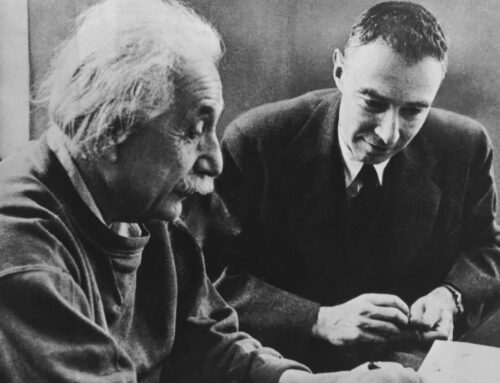
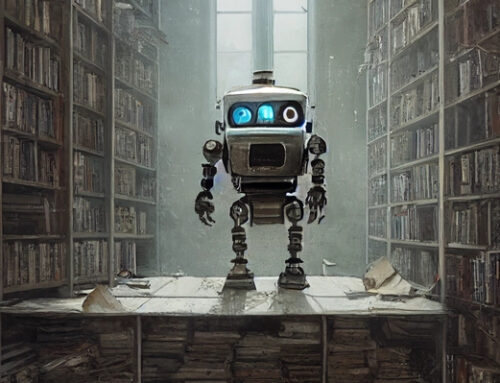
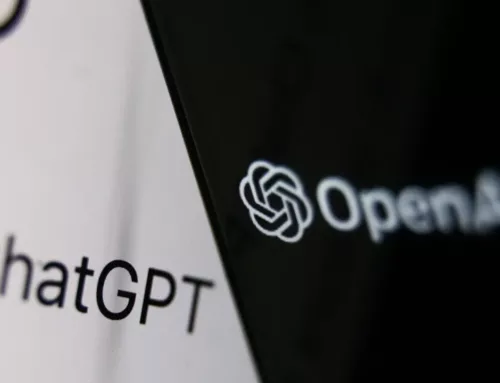
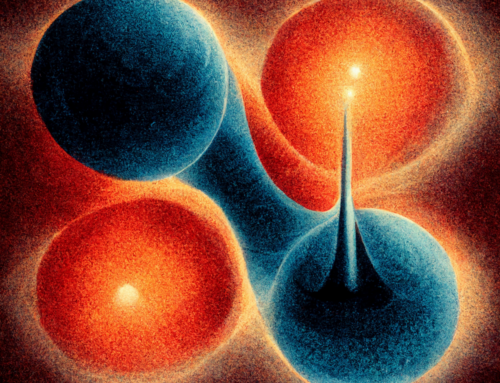
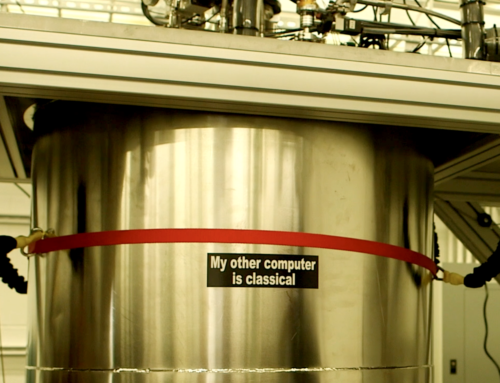
Leave a Reply